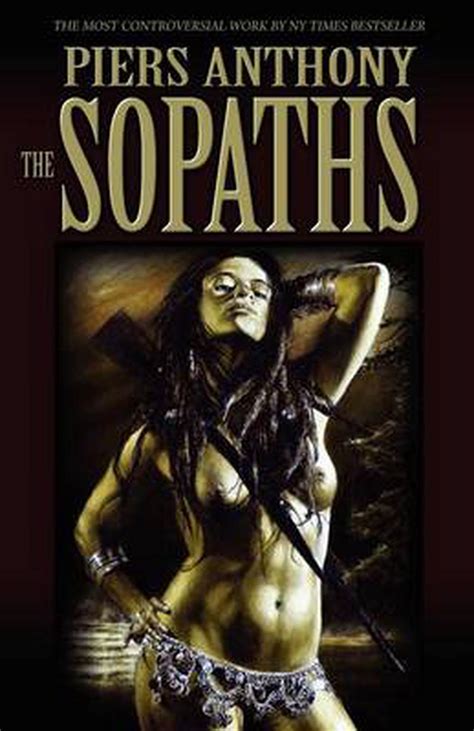A Quote by Meg Cabot
Screenwriting is a much more collaborative effort. When you write a novel, it's just you, with input from your editor.
Quote Topics
Related Quotes
What makes a good editor is staying the hell out of the way as much as possible. ... If you're a DC or Marvel or Dark Horse or BOOM! editor who's assigning work, then if you did your job properly to begin with, then the people you've hired can be trusted to do what they do without excessive meddling. The ideal situation you're shooting for as an editor is to groom a collaborative creative team to the point where their work sails effortlessly through production and the most you have to do is fix the spelling and the commas.
I think a good story can do as much as a novel; not the exact same thing, of course, but just as much artistically. They're different beasts, but to tackle an expansive country like the United States, you're either going to write a big novel, or go in to various points on the map and write stories or poems.
There's no really other way to learn writing than by writing. So accelerate that as much as you can. The more you write, the better you'll get. What also helps, though, is walking away from broken stuff. Not everything's going to work. Killing two years of your life trying to resuscitate a dying novel, I don't know. Why not just write a different one? You'll have more ideas. You can't help having ideas.
I always was interested in prose. As a teenager, I published short stories. And I always wanted to write the long short story, I wanted to write a novel. Now that I have attained, shall I say, a respectable age, and have had experiences, I feel much more interested in prose, in the novel. I feel that in a novel, for example, you can get in toothbrushes and all the paraphernalia that one finds in dally life, and I find this more difficult in poetry.
It's very bad to write a novel by act of will. I can do a book of nonfiction work that way - just sign the contract and do the book because, provided the topic has some meaning for me, I know I can do it. But a novel is different. A novel is more like falling in love. You don't say, 'I'm going to fall in love next Tuesday, I'm going to begin my novel.' The novel has to come to you. It has to feel just like love.






































